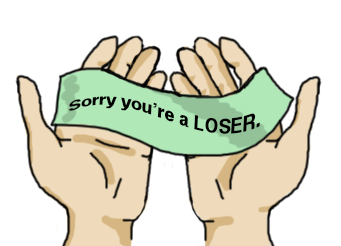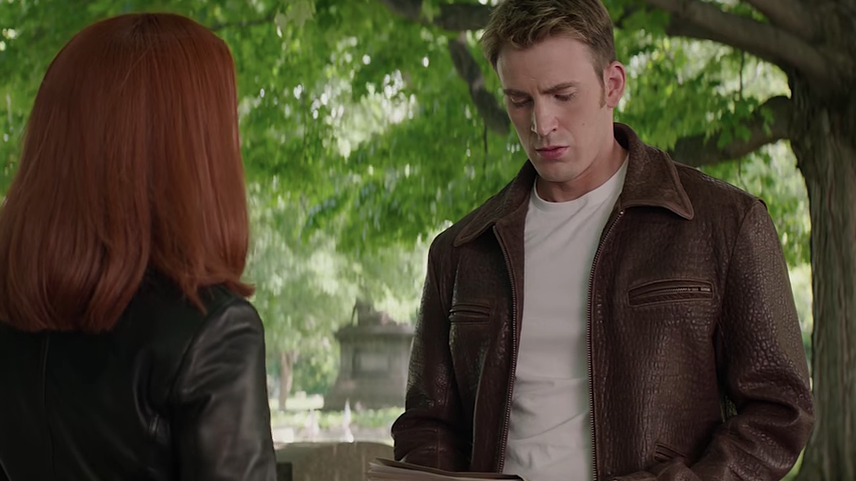A friend tweeted that they had complicated feelings about writing awards (like the Hugos which just happened last weekend) but that they deleted their thread about it because they didn’t want to be judged for not being 100% happy.
And I thought, “I’ll take this bullet.”

Someone you don’t like will win an award. A work you don’t think is very good will win awards. Your very best work will not be noticed enough to win an award. That amazing thing by that great new writer that changed your life this year will lose the award to some old-timer who already has three on his mantlepiece. All of these things will happen.
It’s not fair, but it is okay.
Or rather, it is fair, as fair as we can make it. Awards are by their nature biased toward the popular. This is not to denigrate awards! It’s how humans work. People are more likely to read and vote for things they already know about, and if you’ve ever looked at the list of nominees and thought, “Geez I never heard of any of that,” now you know exactly how those voters felt about your work that’s not on there.
(Ouch, I know.)
There’s nothing you can do about that after the fact. For next time you can study marketing, watch how others promote their work, try to do that job of getting yourself or that new awesome writer known.
How? Don’t ask me. I just tweet about hating Tuesdays.
Sometimes the mere presence of an award can depress you. Like you lost a race you didn’t know you were running.

I used to get depressed when I opened a candy bar and found a notice that I hadn’t won their sweepstakes, even though I hadn’t known there was one. They didn’t take anything away from me – I still got a candy bar, but now I knew I didn’t get a trip to Europe or one of several other fabulous prizes.
Feeling left out is real and valid. Feeling envious is real and valid. Just plain not liking someone and not liking that other people do like them is … well it’s real.
Do you have to fake a smile and rush up and congratulate Odious Nemesis Who Has Fooled the Masses? No.
See how easy that answer was? You don’t have to tweet about it. You don’t have to do anything about it. You are free to not celebrate.
No one is going to remember if you congratulated them or not, unless you yourself make a huge deal about it. The recipient isn’t going to notice, even. She’s unlikely to remember much of anything in the haze of “Holy Smokestacks on Titan, I won!”
I don’t remember who congratulated my friends last week and who didn’t. I don’t even recall who on my timeline posted a generic “Congratulations to all the nominees” and who didn’t, and people … that was like a week ago, and I don’t follow that many folks!
People are not watching you as closely as you think they are. Unless you’re a celebrity, in which case — Hi! Retweet my blog!
In fact, many people will forget who won in ten years, and that proud person who you currently dislike might end up sad on the sidelines, bitter that the award didn’t change her life.
Because here’s the thing: Awards don’t change your life. You’re still you with or without them.
How to fight bitterness? I have another whole blog post on that. The gist is: don’t think of those less fortunate than you, think of those more fortunate than you — how would you want Big Famous Author to behave in your situation?
And if nothing else, lead with empathy. This person who won is terrible? Well, how do we get to be terrible people? Trauma? Insecurity? Emotional needs that are unmet? A friend of mine said recently (I think it was Christian Coleman?) “You stop being envious of people when you realize you don’t just get to be them in their triumphs, you’d have to also be them in their messy daily lives. You don’t get one without the other.”
Ask yourself, do you really want to be Terrible Person? Of course you don’t! You think they’re terrible!
No matter what, you get to win the Not That Terrible Person Award, and that award comes with constant, daily benefits.


